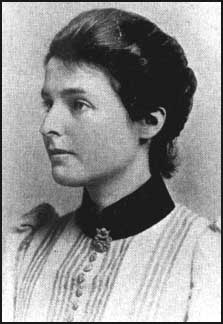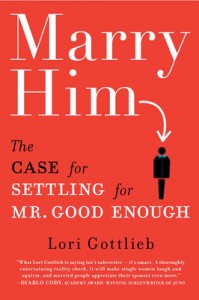Marital compatibility is an inexact science. It goes without saying that like race and like culture are no guarantee of a good marriage. Leaving aside these larger cultural issues, there seem to be two general types of incompatibility: ideological and psychological. The first is far more serious than the second.
Two people can be entirely different personalities, one an extrovert and the other introverted, one energetic and the other passive, one fastidious and the other so messy he wears two different socks and throws his bath towels on the floor, and still it is possible to create lasting and harmonious matches. Many people even prefer to live with opposites.
But when two people share entirely different world views, this is a potential disaster. To have to spend one’s days with a person who sees the meaning of life in opposing terms is not impossible, but very hard. Since many people haven’t really formed a world view when they marry, a similar background and culture help to assure they move in the same direction.
But similar culture does not guarantee this kind of compatibility.
Before she married Charles Darwin, Emma Wedgewood, who was a Christian believer, was distressed by Charles’ skepticism. “My reason tells me that honest and conscientious doubts cannot be a sin, but I feel it would be a painful void between us,” she wrote to him in a letter.
She finally concluded in another letter that “though our opinions may not agree on all points of religion, we may sympathise a good deal in our feelings on the subject.” They were married for more than 40 years and had nine children. But the truth is her happiness depended on two things. First, her ignorance: she did not understand the metaphysical nature of his work. Second, Darwin considered faith an acceptable flaw in a wife.

(more…)






![bigstockphoto_Abstract_Pattern_2492330[1] bigstockphoto_Abstract_Pattern_2492330[1]](https://thinkinghousewife.com/wp/wp-content/uploads/2009/12/bigstockphoto_Abstract_Pattern_249233011-150x150.jpg)
![bigstockphoto_Ashberry_356525[1] bigstockphoto_Ashberry_356525[1]](https://thinkinghousewife.com/wp/wp-content/uploads/2009/12/bigstockphoto_Ashberry_35652511-150x99.jpg)
